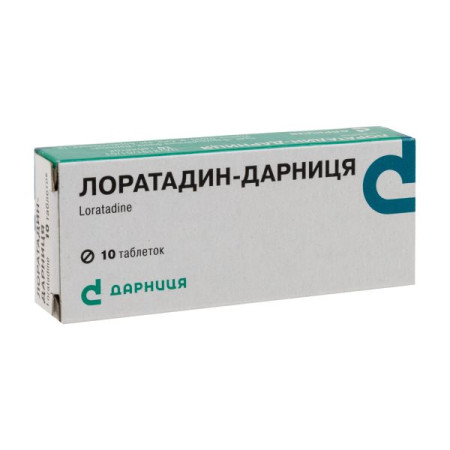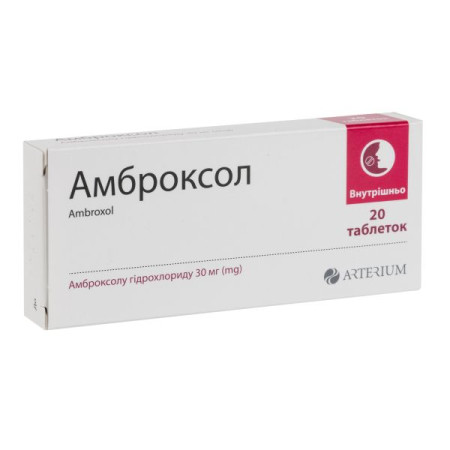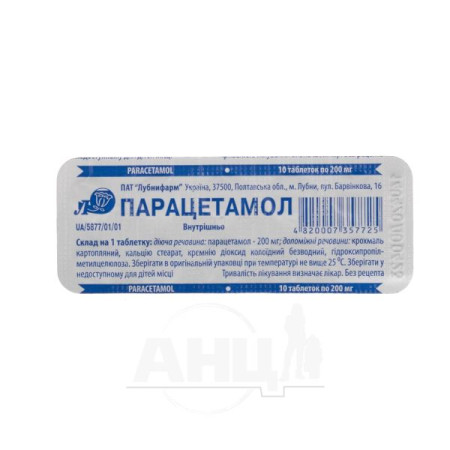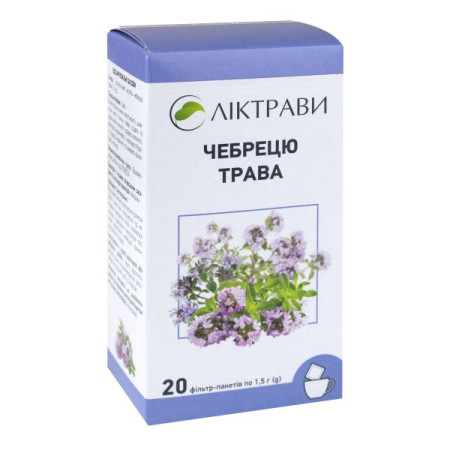Teotard extended-release capsules 200 mg No. 40
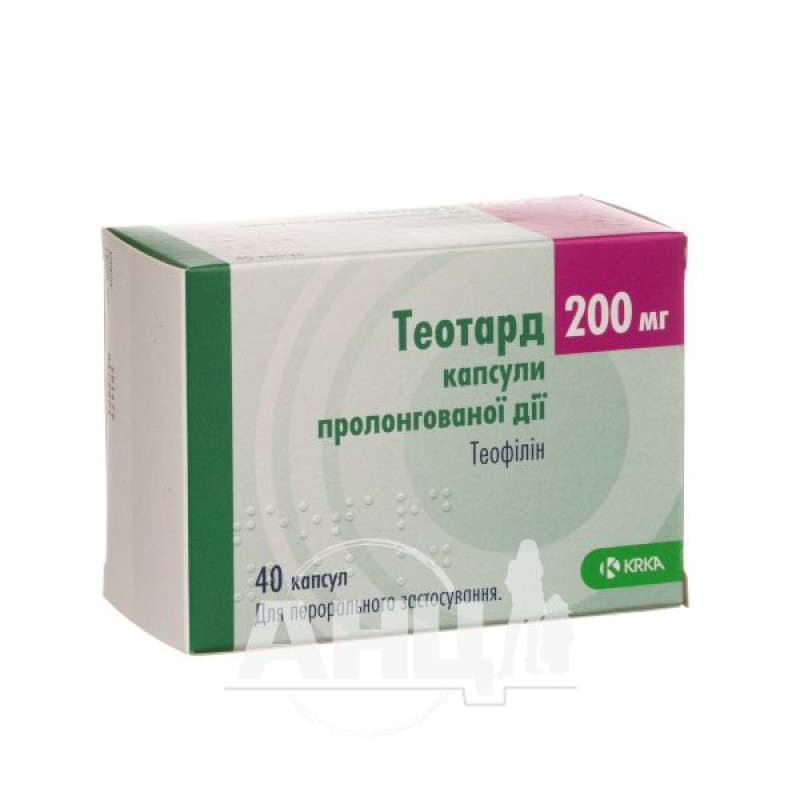
Pharmacological properties
Pharmacodynamics. Theophylline is a bronchodilator. By relaxing the smooth muscles of the bronchi, it increases the flow of air through the bronchi and thus improves breathing. Since theophylline improves the transport of bronchial mucus (ciliated epithelial clearance) by increasing the secretion of mucus and surfactant, it improves expectoration. The anti-inflammatory effect of theophylline is to inhibit the proliferation of T-lymphocytes, suppress the secretion of cytokines (e.g. interleukin-2, tumor necrosis factor), the activity of eosinophils, macrophages and stem cells. These effects lead to a decrease in inflammation of the bronchial mucosa.
Theophylline also affects the smooth muscles of the coronary arteries, blood vessels of the muscles and kidneys, relaxes the muscles of the uterus, cardioesophageal sphincter and bile ducts. Theophylline helps to increase the ejection fraction of blood from the right ventricle, increase cardiac output, reduce resistance in the pulmonary blood vessels and reduce pulmonary hypertension.
Theophylline stimulates the respiratory center, increases contraction of the diaphragm and respiratory muscles, increases diuresis, and increases the secretion of catecholamines by the adrenal glands.
Pharmacokinetics. The drug is manufactured according to a special technological scheme. The capsules contain granules from which theophylline is gradually released to prevent a sharp increase or decrease in its concentration.
Theophylline is completely absorbed from the gastrointestinal tract. Peak blood concentrations are reached 7 hours after administration, and steady-state concentrations are reached within 2-3 days of regular use. Theophylline is distributed to all organs and body fluids; metabolized in the liver. One of its metabolites (3-methylxanthine) also has a bronchodilating effect. Theophylline and its metabolites are excreted by the kidneys.
T ½ of theophylline in non-smokers is 7-9 hours. In smokers and children, this period is reduced, and in people with impaired liver function and heart failure, it increases.
Indication
All types of asthma in children and adults, COPD, emphysema, pulmonary hypertension in chronic cor pulmonale, central breathing disorders during sleep (paroxysmal nocturnal apnea).
Application
The dose is set individually depending on age, body weight and metabolic characteristics.
The usual dose for adults and adolescents weighing 40 kg is 350 mg of theophylline 2 times a day.
The usual dose for children over 6 years of age and weighing 20 kg, and for adolescents is 200 mg of theophylline 2 times a day.
Patients with nocturnal asthma or sleep-disordered breathing may take a single dose of Teotard at night. On average, a daily dose of 400 to 700 mg of Teotard is sufficient. It is recommended to take the first dose of Teotard in the evening before going to bed. The drug is used after meals with plenty of water. The capsules are swallowed whole, without chewing.
The effectiveness of treatment and tolerability of theophylline should be determined on the 3rd day of treatment. If the effectiveness is satisfactory, the treatment is continued with the prescribed dose, and if the effectiveness is unsatisfactory, the dose is increased. If side effects occur, the dose is reduced.
Theophylline dosage is determined based on clinical effect, serum theophylline concentration, and possible side effects. The desired therapeutic serum theophylline concentration is 55 to 110 μmol/L (10-20 mg/L).
Therapeutic theophylline concentrations in serum are determined in the laboratory. Accurate theophylline concentrations are obtained by taking blood for analysis 4 hours after the morning dose in a patient taking Teotard 2 times a day, and 12 hours after the evening dose in a patient taking a single daily dose of Teotard. The duration of treatment depends on the course of the disease.
Contraindication
Hypersensitivity to any ingredient of the drug, as well as to xanthine drugs (e.g. caffeine, theobromine, pentoxifylline), acute myocardial infarction, tachyarrhythmia, hypertrophic obstructive cardiomyopathy, severe angina, epilepsy, hyperthyroidism, gastric and duodenal ulcers, severe liver dysfunction; children under 6 years of age or weighing 20 kg.
Side effects
At the beginning of treatment, moderate and temporary side effects may occur, such as headache, increased excitability, irritability, dizziness, insomnia, severe tachycardia and/or an unpleasant feeling of heartbeat (palpitations), abdominal pain, nausea, vomiting, diarrhea and allergic reactions.
If the concentration of theophylline in the blood serum exceeds the therapeutic value (in hypersensitive patients even earlier), the following side effects may occur: sleep disturbances, large amounts of urine, repeated vomiting, tremor, hyperthermia, delirium, heart rhythm disturbances (tachyarrhythmia), a sharp decrease in blood pressure and muscle cramps.
During treatment with theophylline, serum potassium concentration may decrease (hypokalemia), and calcium, creatinine, glucose and uric acid salts may increase (hypercalcemia, hyperglycemia, hyperuricemia).
Special instructions
The dose of theophylline should be reduced in patients with heart failure, impaired liver function (especially patients with cirrhosis of the liver), with reduced oxygen concentration in the blood (hypoxemia), patients with pneumonia, viral infectious diseases (especially with influenza).
Theophylline may alter some laboratory parameters: increase the amount of fatty acids in the blood plasma and increase the level of catecholamines in the urine.
Pregnancy and breastfeeding. Theophylline crosses the placenta and is excreted in breast milk. During pregnancy, the drug can be taken only if the positive effect for the mother outweighs the risk to the fetus. In pregnant women, the concentration of theophylline in the blood serum should be determined more often and the dose adjusted accordingly. Theophylline should be avoided in late pregnancy, as it may inhibit uterine contractions.
Breastfeeding mothers should monitor their infant for any hypersensitivity reactions to theophylline, sleep disturbances or problems, and seek medical advice.
Effects on ability to drive and use machines. Some side effects (e.g. dizziness) may affect the ability to drive and use machines. Patients should be advised not to drive or operate hazardous machinery until they are sure that they can tolerate the treatment.
Interactions
During treatment with Teotard, you should not consume alcohol, large amounts of food and drinks containing methylxanthines (coffee, tea, cocoa, chocolate, Coca-Cola), or drugs related to theophylline (caffeine, theobromine, pentoxifylline), as these substances may enhance the stimulating effect of theophylline on the CNS.
The effect of theophylline may be enhanced by the simultaneous use of allopurinol, cimetidine, disulfiram, phenylbutazone, fluvoxamine, fluoroquinolones, furosemide, imipenem, interferon alpha, isoniazid, calcium antagonists, lincomycin, macrolides, mexiletine, paracetamol, pentoxifylline, oral contraceptives, probenecid, propafenone, propranolol, ranitidine, tacrine, thiabendazole, ticlopidine, viloxazine or influenza vaccine. In patients taking one or more of the above drugs in parallel with theophylline, the serum concentration of theophylline should be monitored and the dose reduced if necessary.
When taking ciprofloxacin simultaneously, the dose of theophylline must be reduced by at least 60%, and when taking enoxacin simultaneously, by 30%.
The effect of theophylline may be reduced by concomitant administration of antiepileptic drugs (e.g. phenytoin, carbamazepine, primidone), barbiturates (especially phenobarbital and pentobarbital), isoprenaline, magnesium hydroxide, moracizin, rifampicin, ritonavir or sulfinpyrazone. The effect of theophylline may also be reduced in smokers. In patients taking one or more of the above drugs simultaneously with theophylline, the serum concentration of theophylline should be monitored and the dose increased if necessary.
Theophylline may enhance the effectiveness of β-blocker agonists, diuretics, and reserpine.
Theophylline may reduce the effectiveness of adenosine, lithium carbonate, and β-blocker antagonists.
The concomitant use of theophylline and β-blocker antagonists should be avoided, as theophylline may lose its effectiveness.
Halothane anesthesia can cause serious cardiac arrhythmias in patients taking theophylline.
Hypokalemia may occur during treatment with theophylline, especially with combined treatment with α-adrenergic agonists, thiazide diuretics, furosemide, corticosteroids, and with hypoxemia; therefore, it is recommended to periodically check the level of potassium in the blood serum.
Overdose
It is noted if the concentration of theophylline in the blood serum is 110 μmol/L.
Clinical signs of overdose include tremor, nausea, vomiting, diarrhea, delirium, and in particularly severe cases, also heart rhythm disturbances (tachyarrhythmia), a sharp decrease in blood pressure, and muscle cramps. Tachyarrhythmia and cramps can occur suddenly, without the warning symptoms typical of a minor overdose (e.g., nausea and vomiting). In most cases, it is sufficient to reduce the dose or temporarily discontinue the use of Teotard.
After taking an excessive number of capsules, hypotension, restlessness, tremor, delirium, convulsions and more severe cardiac arrhythmias may occur. In such cases, the serum theophylline concentration should be determined immediately and the dose of Theotard should be reduced accordingly.
Treatment: gastric lavage and administration of activated charcoal. It is necessary to monitor the patient's condition, especially blood pressure, heart rate, respiration and the concentration of theophylline and potassium in the blood serum. In severe cases, theophylline excretion can be accelerated by hemoperfusion or hemodialysis.
Storage conditions
At a temperature not exceeding 25 °C.
There are no reviews for this product.
There are no reviews for this product, be the first to leave your review.
No questions about this product, be the first and ask your question.








